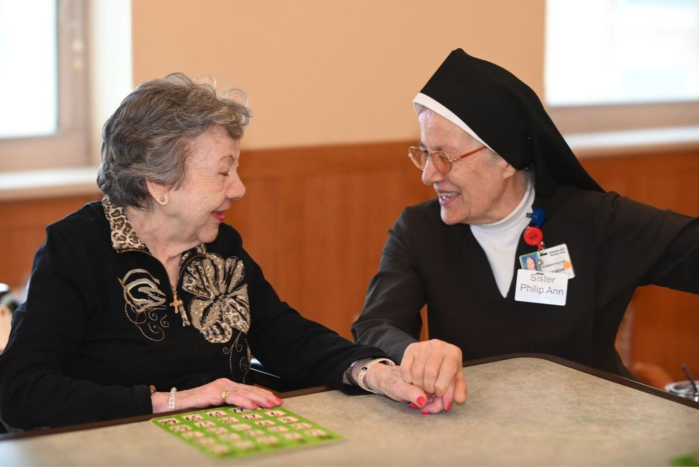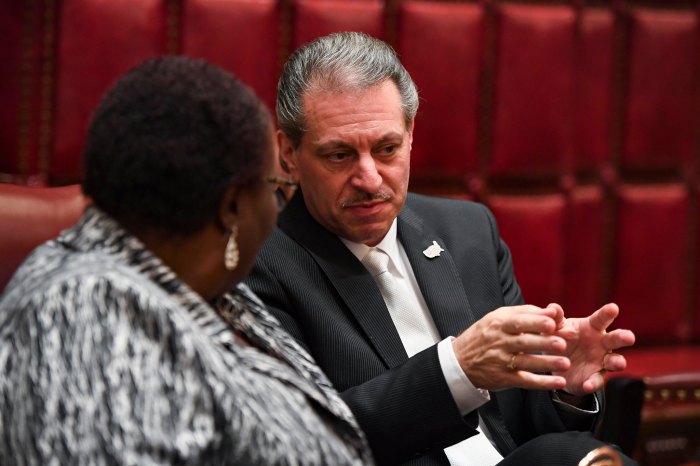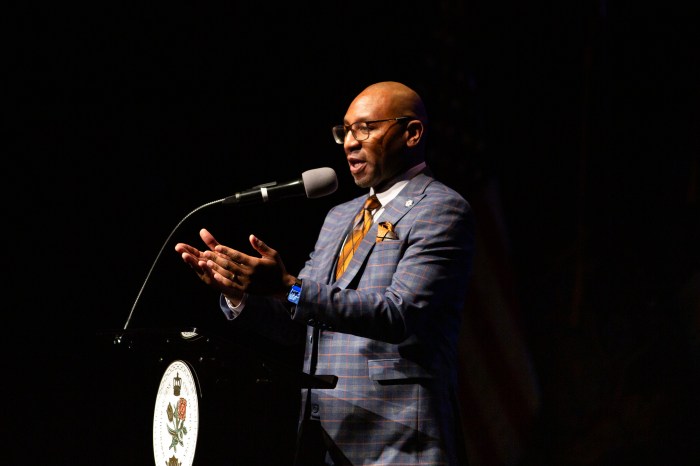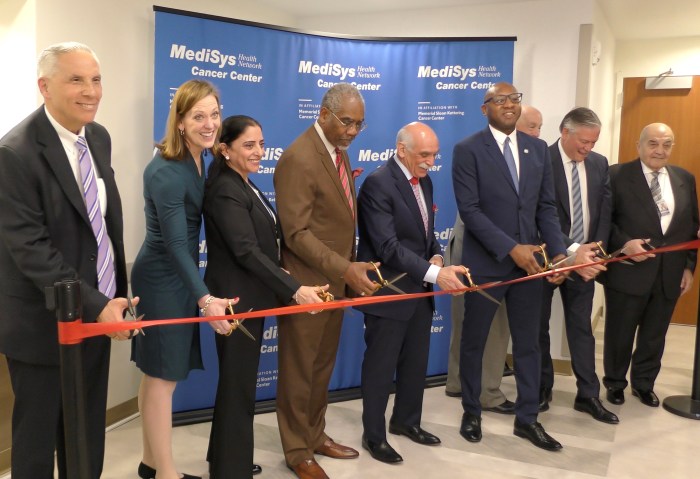Queens has begun its checkup.
The borough was tapped back in March to participate in the National Health and Nutrition Examination Survey (NHANES), which studies trends throughout the country — including hypertension, diabetes and obesity.
The survey began at Queens Hospital Center on May 1 in a group of interconnected trailers equipped with state-of-the-art medical technology. So far, about 250 Queens residents have been selected for the program.
Jacque DeMatteis, study manager for NHANES in Queens, said this is a result typical of larger cities where NHANES is held due to the hustle and bustle of city dwellers’ schedules, as opposed to smaller towns where more people are eager and available to participate.
Still, DeMatteis said she’s glad the survey has reached the buzzing borough.
“[Queens’ diversity] is one of the things that is extremely beneficial for us,” she said. “Our sample is drawn on gender, age, race and ethnicity, and everyone is here in Queens.”
The screening and selecting phase of the survey started on May 1. The actual process of testing and sampling participants will run along with the screening and selecting phase until June 26.
 The program assesses fitness levels of people of all ages, and provides an opportunity to gain information on one’s health, survey officials said. Information in areas such as oral, nutritional and auditory health is gathered by health professionals with advanced technological equipment. Officials said the NHANES trailers include a soundproof auditory lab, a dual-energy X-ray absorptiometry (DXA) machine and a laboratory complete with blood, urine, and HPV test samples.
The program assesses fitness levels of people of all ages, and provides an opportunity to gain information on one’s health, survey officials said. Information in areas such as oral, nutritional and auditory health is gathered by health professionals with advanced technological equipment. Officials said the NHANES trailers include a soundproof auditory lab, a dual-energy X-ray absorptiometry (DXA) machine and a laboratory complete with blood, urine, and HPV test samples.
DeMatteis said NHANES surveys conducted in the 1960s and 1970s found a correlation between low folic acid and birth defects, as a result of data gathered from pregnant women. The survey is also responsible for finding harmful effects in lead paint and gasoline, DeMatteis said.
The survey extends to 15 different locations throughout the United States on an ongoing basis and reaches up to 6,000 people a year, said Jeff Lancashire, spokesperson for the National Center for Health Statistics.
Lancashire said a few hundred residents in Queens will be contacted — by invite only — through June, based on a random sampling from the most recent Census. If selected, they will receive a letter in the mail and a follow-up phone call.
The elected volunteers will first be asked to answer a health interview questionnaire, Lancashire said, before participating in a comprehensive physical at one of the agency’s mobile examination sites.


































